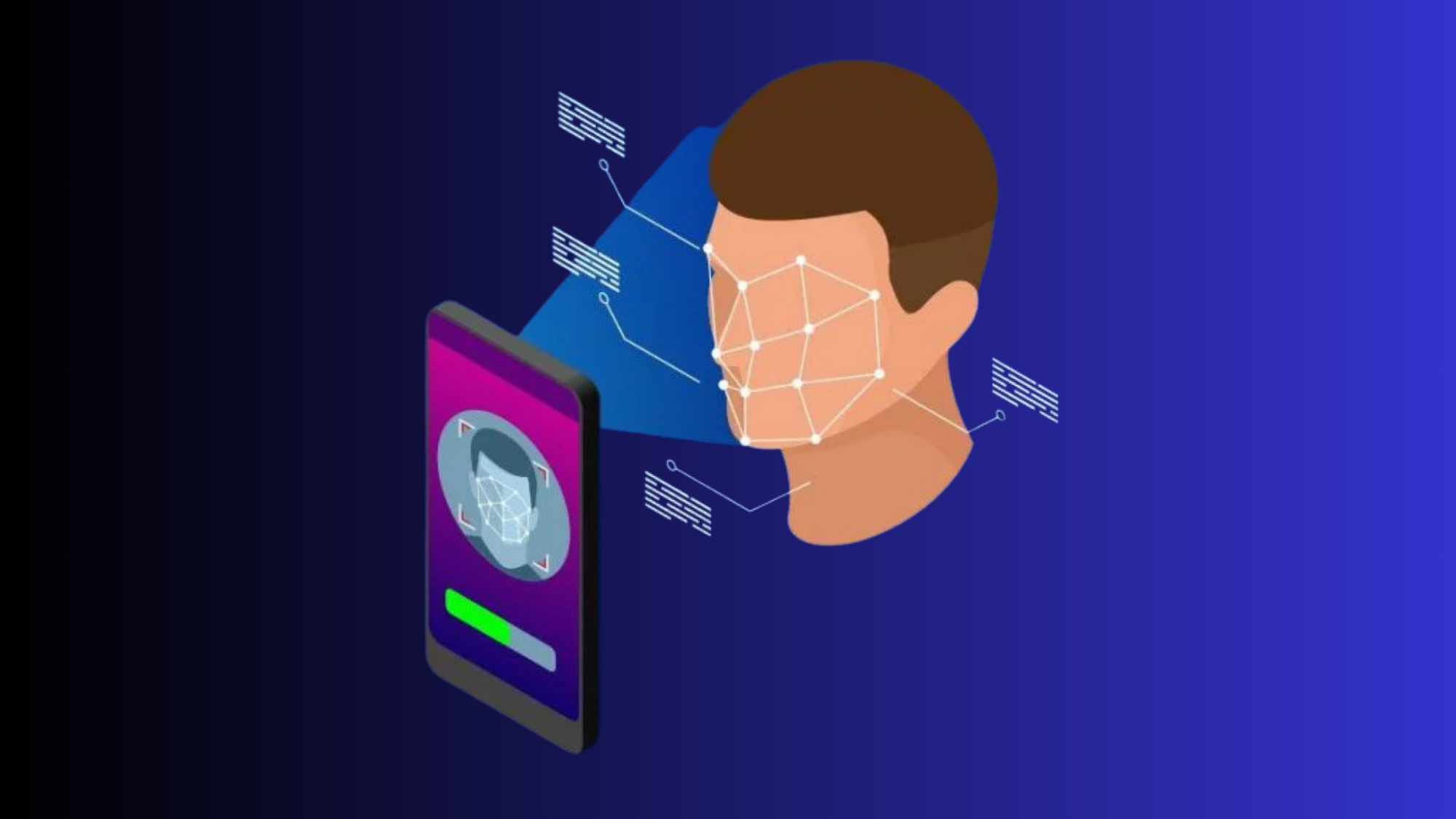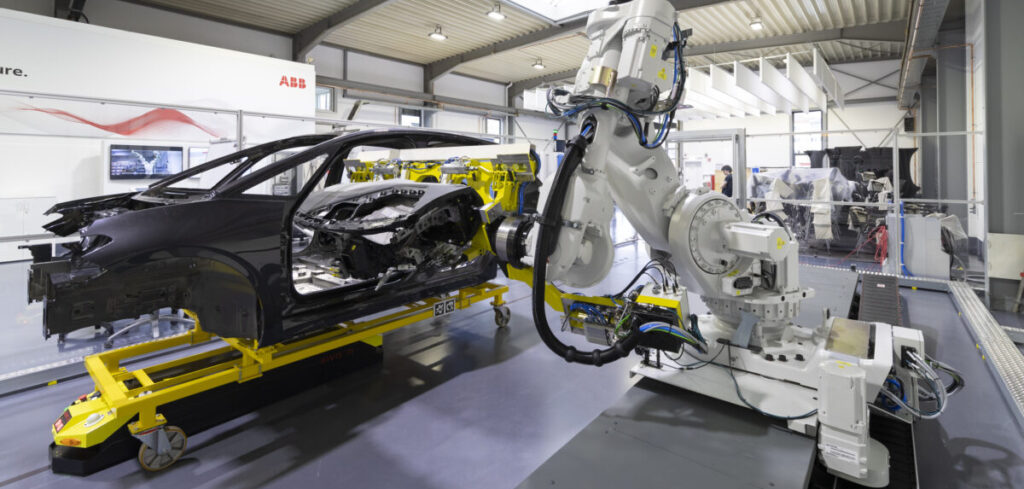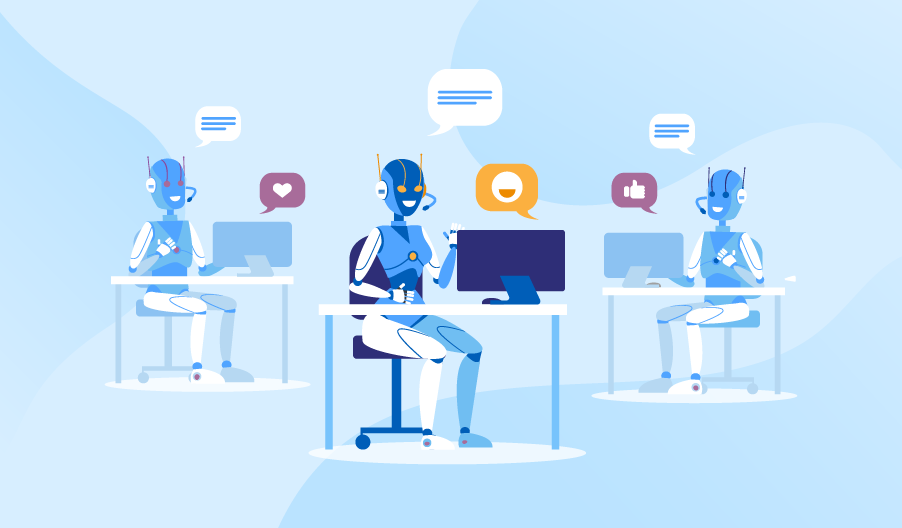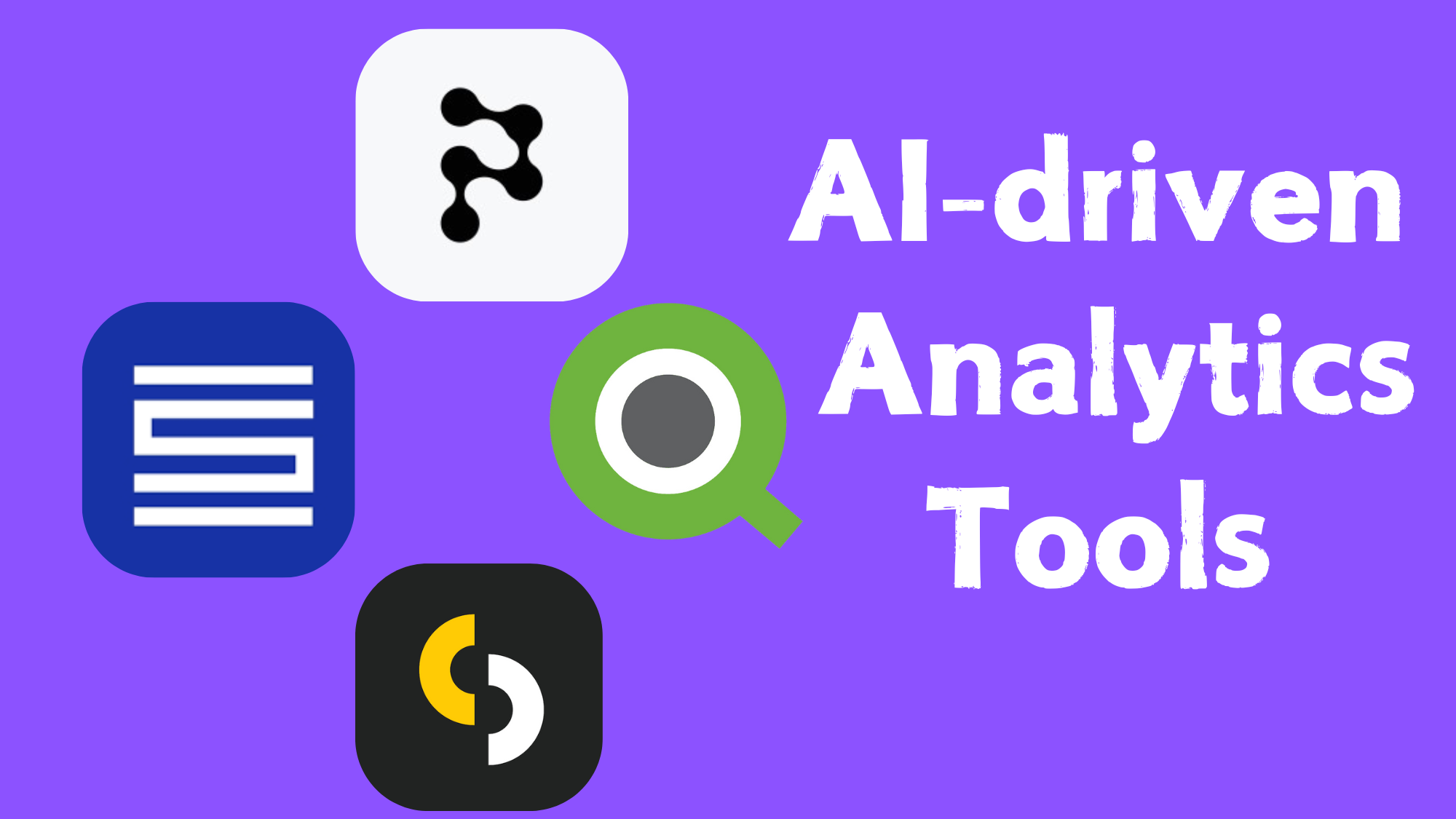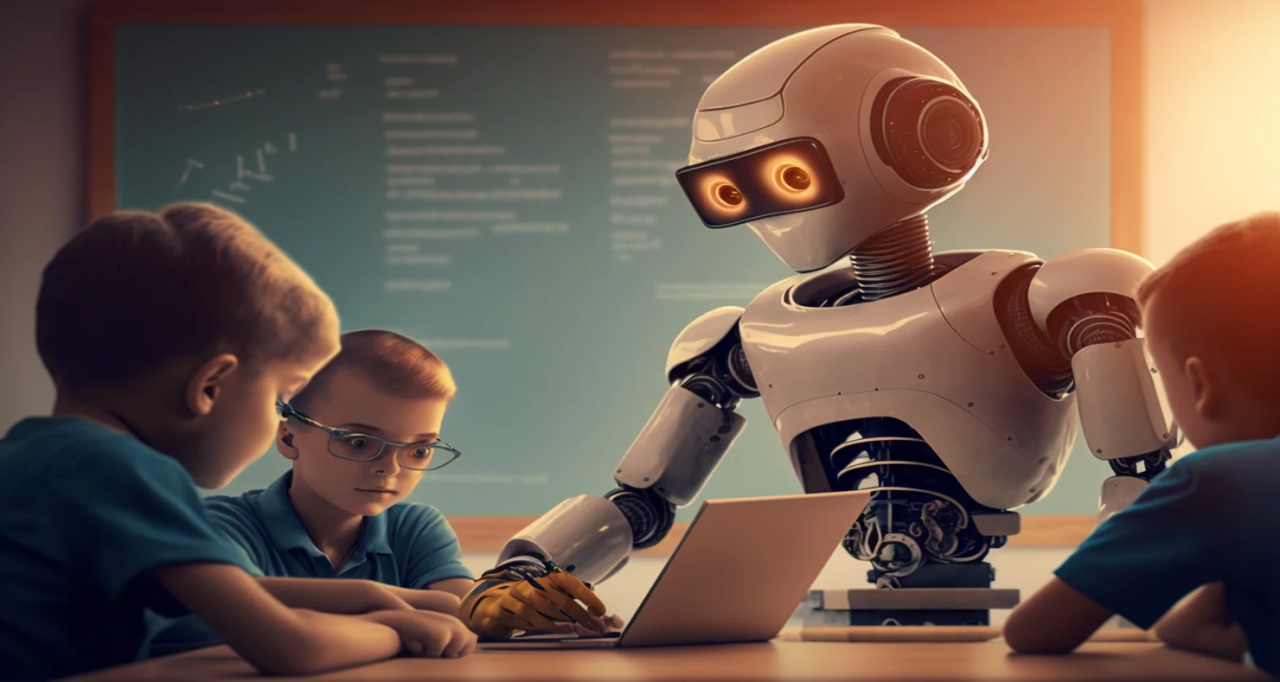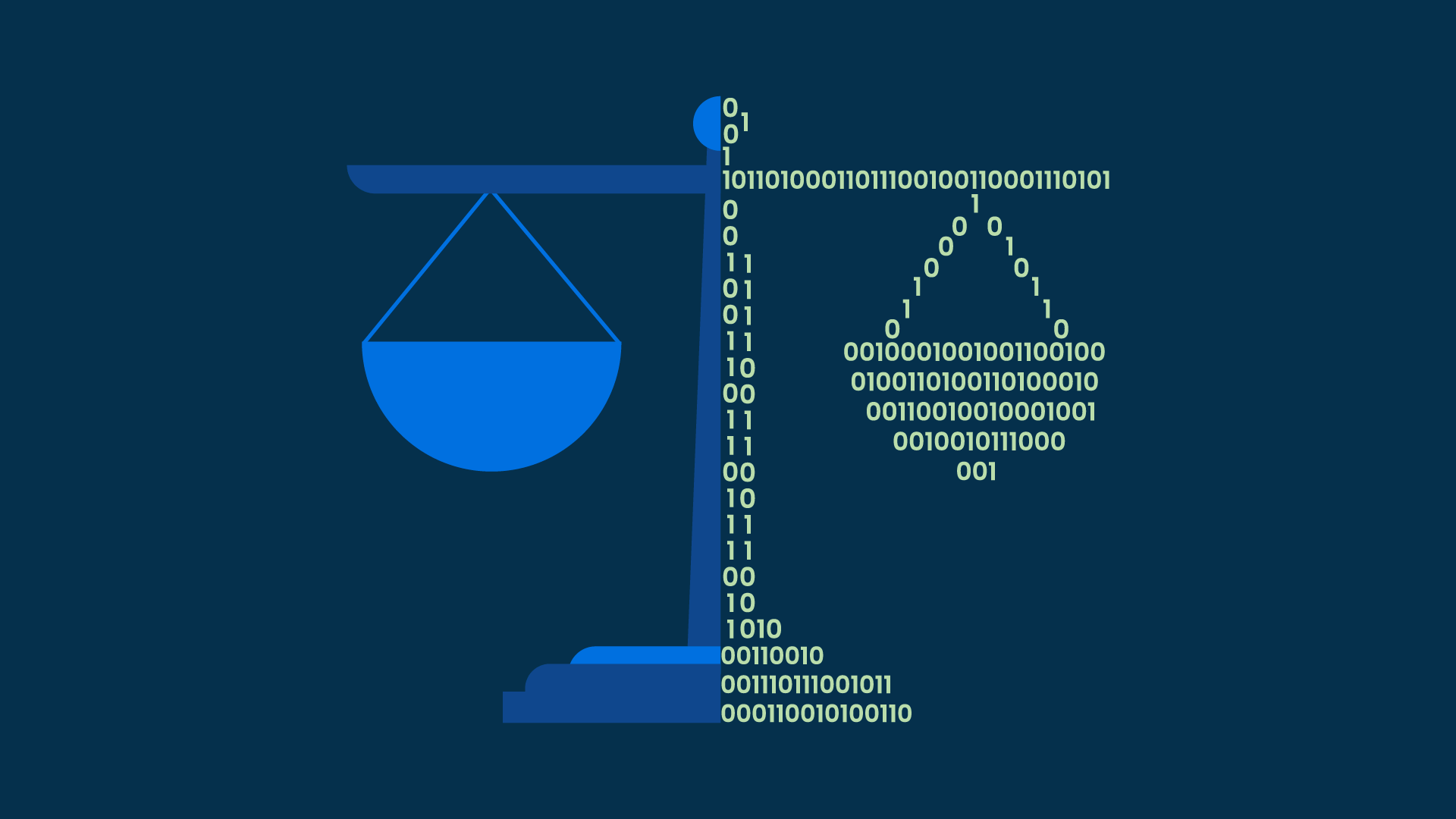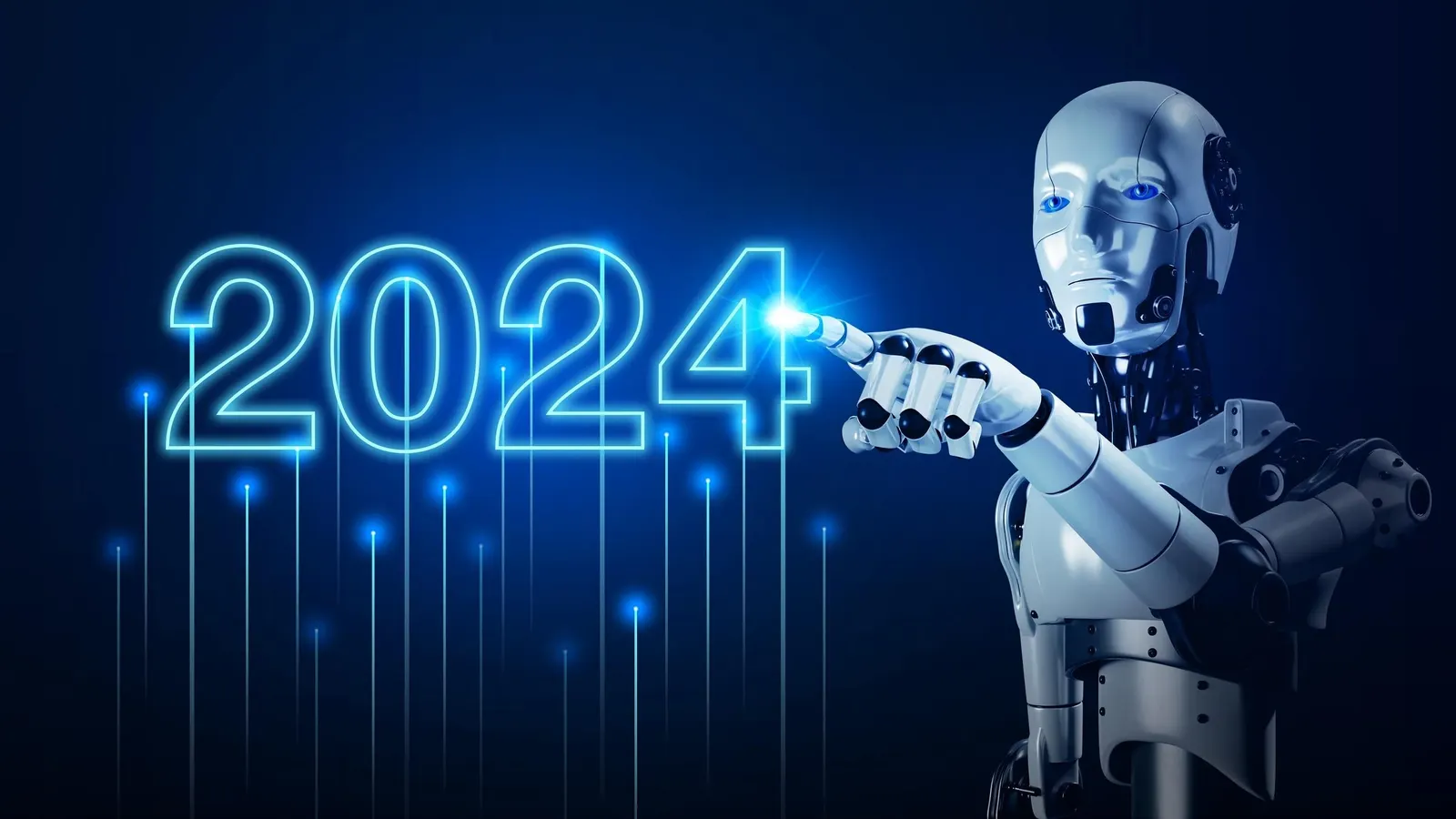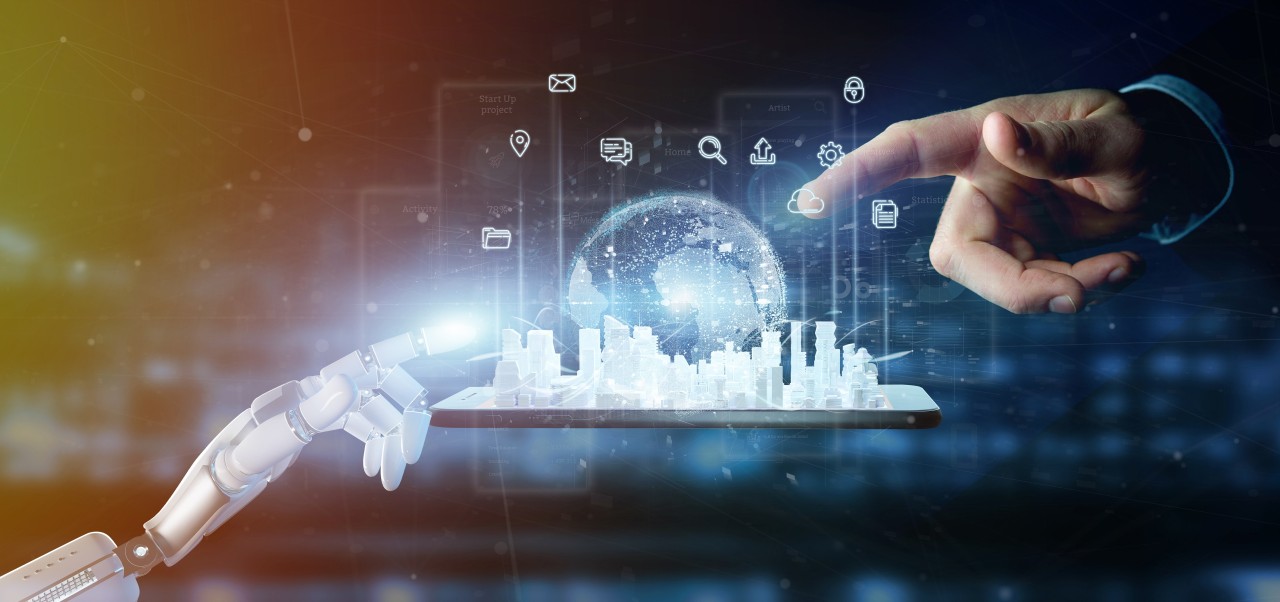Artificial Intelligence
Redefining Our Future
AI is no longer the future; it’s the present. From smart
devices in our homes to advanced applications in healthcare
and business AI is everywhere and growing fast. This article
will look at how AI is redefining our future, current
applications, future predictions and the ethical
considerations we need to address.



